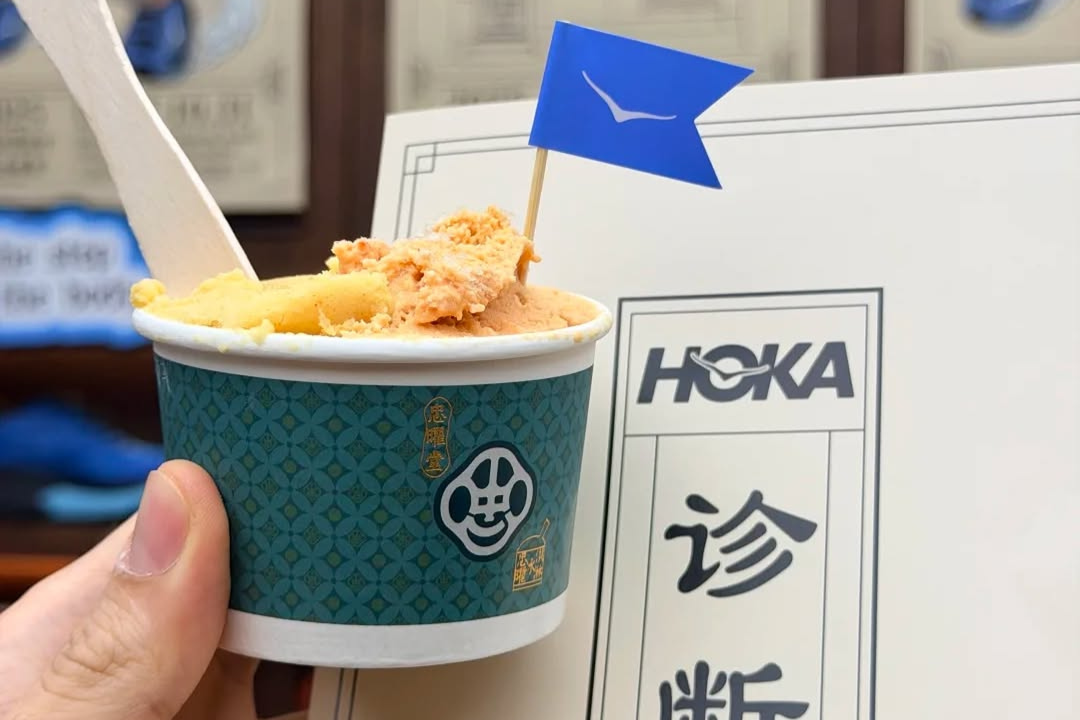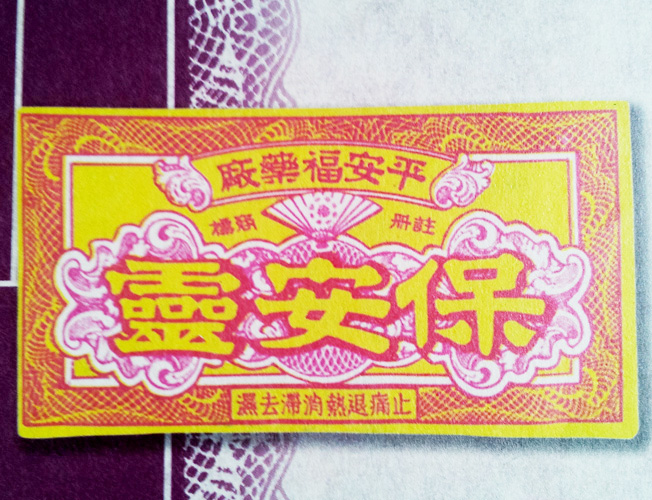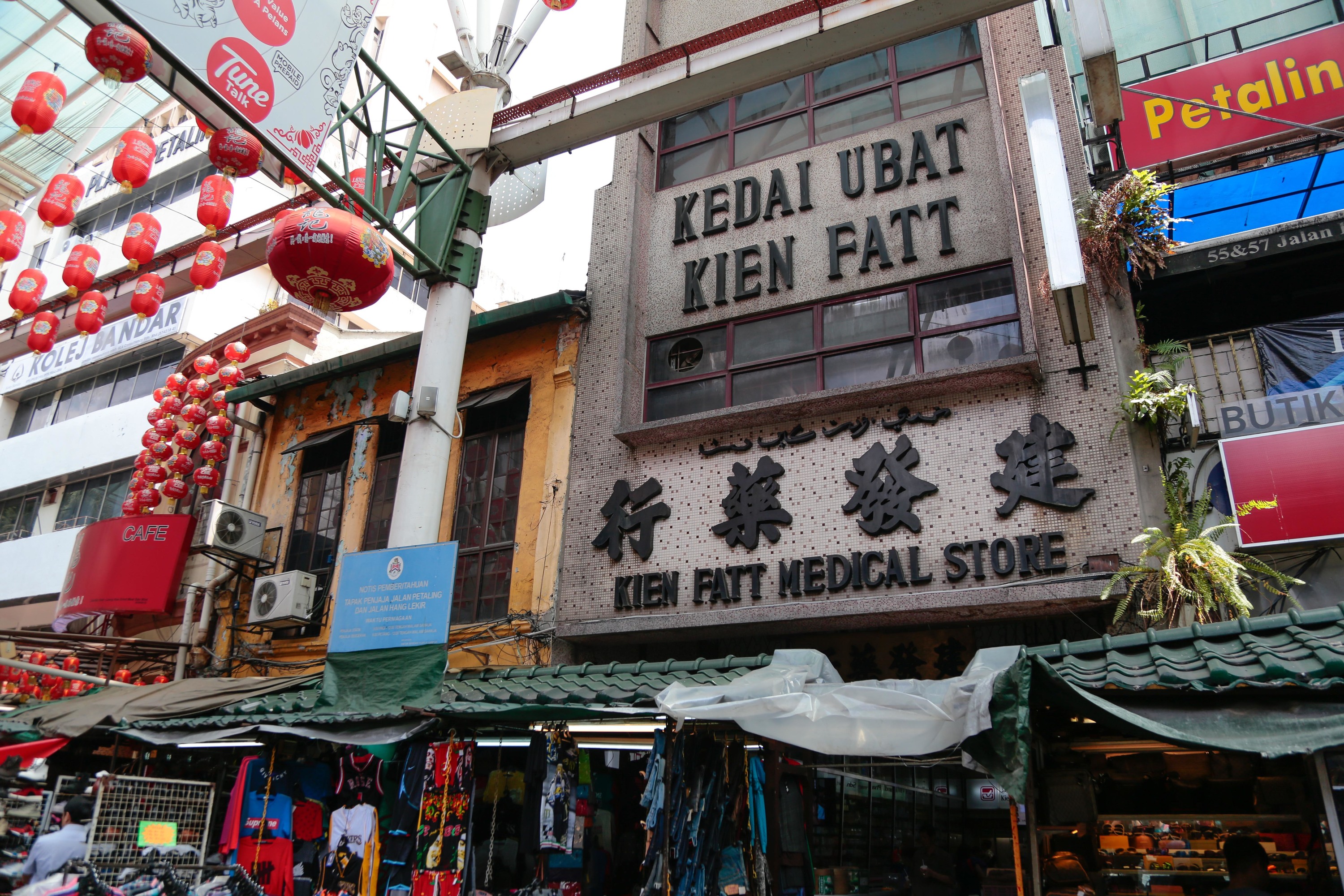Hutong Jiemei is a new Radii column in which sisters Krista and Sophia Pederson — Tulsa natives who’ve been living in China for a decade each — navigate healthy living trends in today’s Beijing. “Hutong” is the name of the city’s traditional alleys, where they share an apartment; “jiemei” is Chinese for sisters.
Krista: Despite having little experience with Traditional Chinese Medicine (TCM), I have always been curious about this ancient system. When I first came to China, I dismissed TCM as being unscientific and sometimes even silly (eating deer penis to cure impotence and fish eyes for improving eyesight, for example, seem like ideas my four-year-old would come up with). But the longer I live in China, the more I realize TCM’s holistic way of looking at health is actually quite great. In many ways TCM’s preventative outlook is better than the system of Western medicine that focuses on fixing problems after they occur.
This being said, I must admit that in China I have always gone to Western hospitals for check-ups and when something has gone wrong. I’ve had both good and bad experiences. Check-ups are usually overly thorough in China, and include EKGs, lung X-rays, blood tests, urine test, sonograms, BMI indicators, and a battery of other tests. Once, I had a sinus infection and the doctor sprayed an anesthetic in my nostrils and stuck a long metal tube the length of a chopstick up my nose to take pictures.
When I was pregnant with my son, the hospital recommended check-ups every four weeks, complete with sonograms each time. They would not tell me the sex of my child, but did tell me that the baby was sticking his tongue out at me.
Last fall, my son was playing next to me with his chopsticks, and poked me in the eye. It actually didn’t hurt at all, and I didn’t even remember him doing it until the next day when I woke up a swollen eye.

Most hospitals in Beijing only have eye specialists available by appointment, once or twice a week. So I did the old Baidu search and chose the hospital with the first available appointment. Much to my surprise, I arrived at Dongcheng Zhongyao Yiyuan — a TCM hospital.
I thought to myself, “This could be interesting…” and proceeded to wait in a long line of ailing patients to pay the consultation fee and take a number to see the doctor. I had actually “made an appointment” using the hospital’s online system. This meant I booked my 2pm appointment with the customer service representative on their online chat service, and when I arrived at the hospital at 2pm they noted my appointment and promptly sent me to stand in the same line with everyone else who had not made an appointment.

Dongcheng TCM Hospital (东城中医医院)
I sat in a waiting room full of children and adults who were either also waiting for their number to be called or who were in mid-treatment, stuck full of acupuncture needles. One child had just gone in to see the eye doctor and looked like he had kissed a metal porcupine, with long thin metal needles all over his face. I asked his grandma why he was getting treatment, and she told me he came here every week to treat his nearsightedness. She told me his eyesight had already improved enough to switch to a less strong prescription for his glasses.
Privacy is not the forte of Chinese hospitals. When my number was called, I went into a room where the doctor was sitting at a desk in front of a computer. A nurse was weighing a child with patches on her face in the corner, and a miserable-looking man with several needles stuck in his forehead lied in bed with a heat lamp warming him.
The doctor motioned for me to sit in the empty stool by the desk. Another nurse stood next to him. He asked me some questions about how the injury occurred, then with an amused smile on his face asked how I decided to come to a TCM hospital. I sheepishly told him it was more of a coincidence than a thought-out plan. He used a tool to look in my eye, and he told me I had an injury in the muscles of my eyelid.

He sent me off to make a payment for the suggested treatment, which was several hundred RMB (about $50). I came back and he strategically placed what felt like small thumbtacks covered in tape in several locations around my eyes and face. He then told me he was going to put acupuncture needles in my face and arm for half an hour, and asked me if I was scared. I said no, and he reassured me it wouldn’t hurt much.
It didn’t, but as I walked down the hallway full of people waiting and jostling each other, the thought of someone bumping into me and accidentally pushing the needles in further had me on… pins and needles.

After half and hour, I felt slightly better. My mood had lifted, and I thought to myself, this TCM isn’t so bad after all. Then I went back to see the doctor.
He suggested that I would need to come back for acupuncture treatment every day for the next week. Additionally, he gave me a prescription for a concoction of medicinal herbs which I was to boil in a pot, and then let the steam waft into my injured eye, taking careful precautions not to burn my eye with the steam.
After learning that each acupuncture session would still cost me several hundred RMB per, plus hours of time each day waiting in line and for the doctor, I decided to forego the treatment. At 35 kuai (~ $5), the medicinal herbs were shockingly cheap compared to the other treatments, so I decided to proceed with the steam bath. This was more pleasant than I expected, but after three days I decided to just go for the fast track to feeling better, and made an appointment at a Western hospital.
After a couple of days of three different types of medicated eye drops prescribed by the doctor at the second hospital, my eye finally started improving. This was the rate of progress that I was used to in curing a sickness — quick and dirty. But I do have to say that when I explained to the Western medicine doctor that I had tried TCM, he actually admitted that the acupuncture and TCM herbs probably would have worked, just on a much longer timeline.

Although I probably still would go to a Western hospital for any future eye injuries, the process of going to a TCM hospital was interesting. In the future I definitely would be interested to try a check-up/health diagnosis with a TCM practitioner. I really like the idea of using natural, medicinal herbs and acupuncture or massage for treatment, although I still think for major (or even minor) injuries or emergencies, I’ll stick to the good ol’ quick and easy Western medicine and supplement with TCM as needed.
And here’s the requisite before/after TCM shot (I look a little morose because it didn’t work as quickly as I hoped):



















